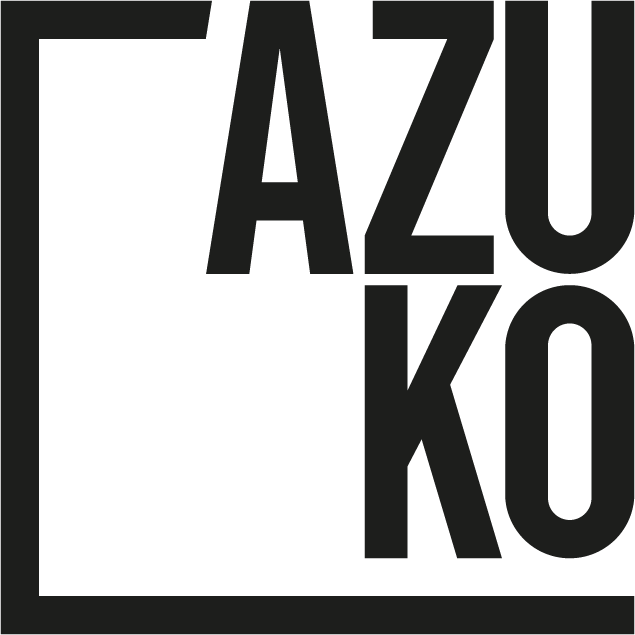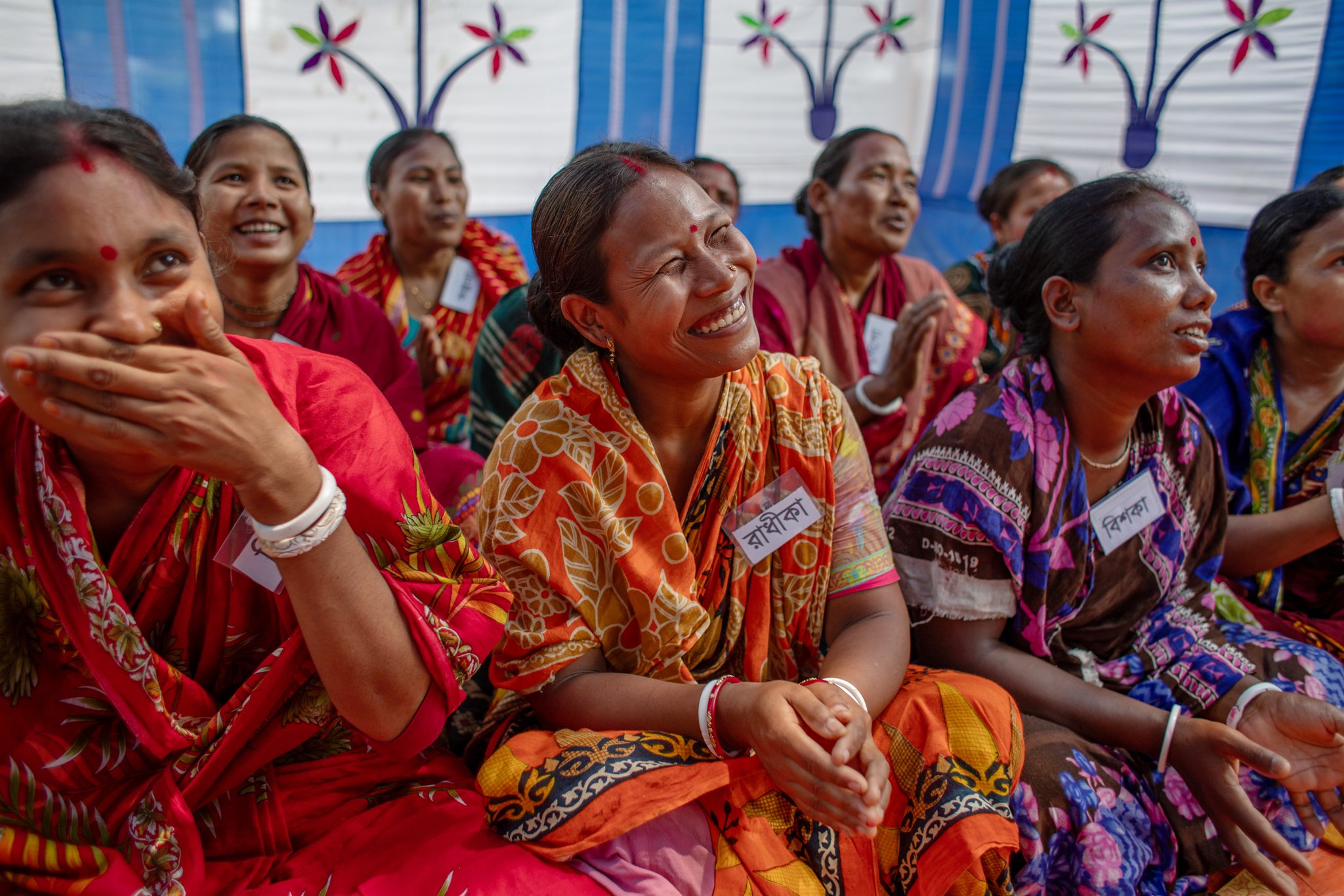Our work with JAAGO Foundation to create a new playground, is more than simply designing a space for recreation. It’s an extension to the classroom. Many studies demonstrate the ways in which play supports children’s learning and development. Roleplay, for example, helps children to develop oral language skills, storytelling and vocabulary. As they pretend play, they are learning the semantics of language and developing their writing skills.
In Bangladesh, ‘jatra’ or theatre, is an important part of the culture that incorporates singing, dancing, roleplay and dramatic monologues. Jatra is often used to pass down stories about history and religion, and serves as a valuable tool to help children develop literacy skills.
“At the beginning, there was no technology and no radio, at those times people in villages would organise a get together and bring other people to learn more about religion and history.”
We chatted with students from JAAGO school to hear more about the games they enjoy. 11-year old Utti* loves to play ‘kana machi’ (blind fly), an outdoor game where one team runs around a blindfolded player - the blind fly - whilst the others try to evade capture. Once the kana machi has successfully caught another player, the participants sing ‘kana machi bobo jake pabo taka cho’ (blind fly flying with bobo anyone I find I touch) and the captured player takes their place.
Having dedicated outdoor space at school, for storytelling and games such as kana machi, supports students to build both academic and non-academic skills. It paves the way for children to be positive contributors to society.
“Outdoor play offers something unique that either cannot be achieved, or is more difficult to achieve in indoor play.”
Play also has significant benefits for numerical development and there is a wealth of research that demonstrates how play provides children with a strong foundation for future mathematical understanding. Playing with basic equipment such as water and sand encourages logical mathematical rationale, scientific reasoning, and cognitive problem solving. While playing with building blocks strengthens children’s ability to categorise geometric shapes and compose larger shapes with smaller shapes.
Sadly, many children in Bangladesh don’t get the chance to play at school or at home, as academic studies and helping with the housework often take precedent, and many schools don’t have access to playgrounds. Play is not seen as a priority.
We understand the importance of play for children’s learning and development, and have designed JAAGO playspace with this in mind. A creative wall will provide a space for students to engage with shapes, and colours, and create music together - aiding sensory development and sequential understanding. A circular theatre will act as a stage for students to perform jatra, develop their creative writing skills and vocabulary. There will be spaces for reflection and areas for challenge, where students will need to negotiate their environment, building coordination and orientation skills.
“I really enjoy listening to storytelling and I learn it from my parents and teacher. We sometimes do storytelling at school and I enjoy it. I like to tell stories about fairy tales.”
Play is not a 'nice to have', it's a child's basic right that leads to significant educational progression. The new playground will support students on their educational journey as they continue into adulthood.
Author: C. Taylor












